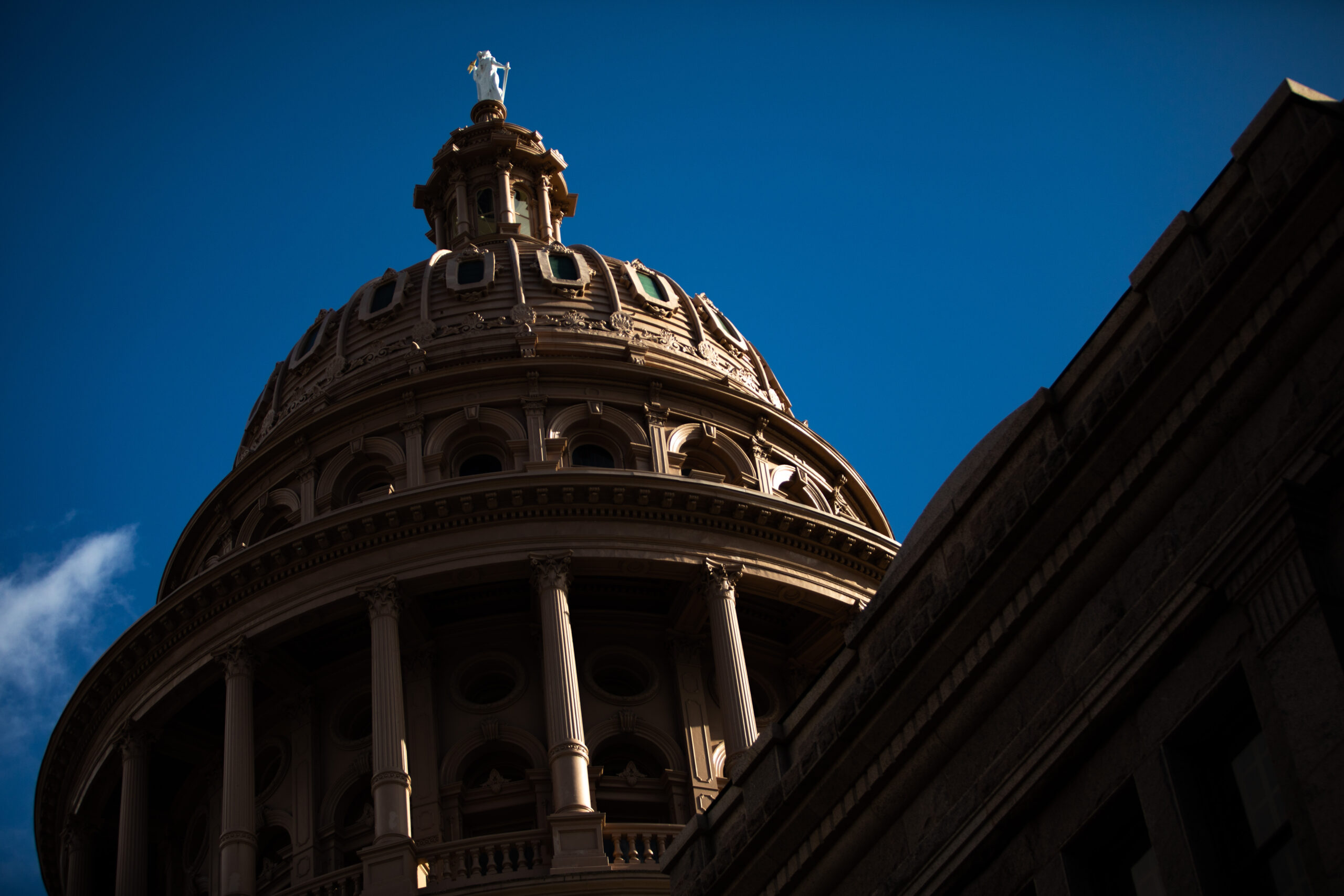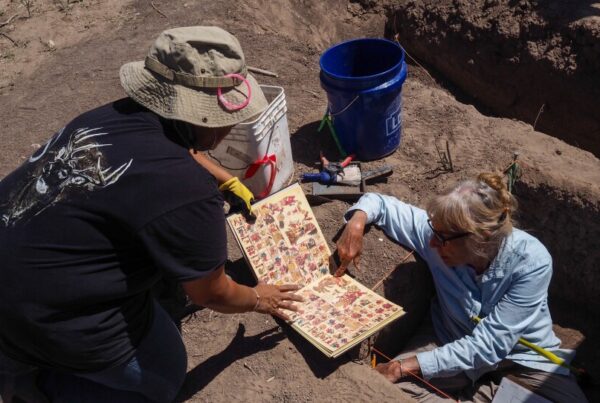Texas senators are set to debate an updated version of a bill that would prohibit companies and other entities from China, Iran, North Korea, and Russia from buying real estate property in Texas.
The original bill, introduced by Brenham Republican Lois Kolkhorst, would have prohibited individuals from those countries from owning property in the state – even a home.
Sergio Martínez-Beltrán covers the Legislature for the Texas Newsroom. He told Texas Standard that the bill is likely to pass the Senate, and, once introduced in the House, would likely pass there, as well. Listen to the story above or read the transcript below.
This transcript has been edited lightly for clarity:
Texas Standard: Well, let’s talk a little bit about the origins of this bill. It got a lot of pushback from some folks. Tell us what the original idea was here.
Sergio Martínez-Beltrán: Right. So the bill’s author is Sen. Lois Kolkhorst. First, She’s a Republican from Brenham. Originally, her bill would have banned citizens, governments and entities from China, Iran, North Korea or Russia from buying land in Texas. Her measure was heavily criticized, as you mentioned, by many in Texas, including immigrant groups who said her legislation is discriminatory. They said that it would increase anti-Asian hate in the state and would disenfranchise immigrants from buying a home or land in Texas. Now, Kolkhorst has said her bill is about national security and about curbing foreign influence in the agricultural sector in the state. And she has now made some changes to her bill after all the pushback.
Okay, so what sort of changes are we talking about here?
The new language of the bill does take out the citizens of those four countries from the purchase ban. So this means that citizens, again, from China, Iran, North Korea and Russia and those who are lawful residents in the United States, including two dual citizens, will be able to purchase homes. However, many folks say the bill is still codifying anti-Asian hate. They say that this bill just will harm those who are fleeing some of these regimes in these countries. Now, the new language still prohibits the government entities from these countries from buying land, and companies headquartered in the foreign countries would also be banned from buying property here.
It’s my understanding that this goes back to what’s been happening in other states, as well as Texas. That some red flags had gone up when it had been found that entities associated with the Communist Party of China had purchased property near military facilities, certainly in other states. But I believe also there had been some concern about purchases made in South Texas, as well. Are those illegitimate concerns?
I don’t think so. As you mentioned, this has happened in other states and even here in Texas. In South Texas, there is a case of some Chinese nationals buying land near a military base. And even Democrats, you know, would agree that this is something we need to pay attention to. However, I think it’s the way that Republicans are going about it that is turning off some Democrats, but also many of the immigrant rights groups. They say that putting this in law would truly put them in harms way and could increase discrimination for them.
So what happens in the Senate this week? Tell us about what the Senate is planning to do with this bill at this juncture.
So the Senate will be debating and voting on the new version of the bill. And I think we can expect a lengthy debate on the floor of the Texas Senate. And I also think that, you know, this week some of the immigrant rights groups may try to do one last push to try to either soften the bill or convince Republican lawmakers about what they see as the negative impact of this legislation.
What about on the House side? Is there a similar bill to the one making the rounds in the Senate, or no?
So there’s not a House version, but we are expecting that, you know, if the Senate passes the bill, it would head to that chamber and it will probably pass there. And I have to say, you know, this is almost guaranteed to pass in the Senate. I expect Republicans to work diligently in the House when that bill heads down there to pass the measure and ultimately send it to Gov. Abbott for his signature.














